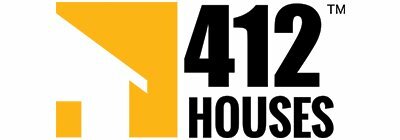
The past few decades saw a radical cultural transformation in the combination of household types, as the number of nonfamily households increased compared to the traditional married-couple families. A growing number of professional women, late marriages, higher divorce rates, and more acceptance of unmarried live-in couples have contributed to the transformation. Therefore, The new age has created non-traditional homeowners who seek companionship or financial assistance and cannot file a joint income tax return. Let’s look at the tax implications for such individuals.
Common Tenancy:
When two or more unmarried individuals own property as common tenants or joint owners, they have separate but undivided interests in the entire property. Common Tenancy offers no rights of survivorship, allowing each interest to get conveyed by deed or will with no limitation. Each tenant holds the right to sell their interest in the property without the consent of the co-owners. Also, each co-tenant gets an equal right to use the entire property, and the rent or maintenance costs of the house get shared among the co-tenants as per their ownership interests. Similarly, every co-tenant shares the property’s value as it appreciates and cannot sell or transfer the other co-tenants interests in the real estate.
Joint Tenancy:
Unlike Common Tenancy, Joint Tenancy comes with the right of survivorship. When two individuals hold property as joint tenants, it allows property and the interest to pass automatically to the survivor/s in case of the co-owner’s death, bypassing the will and avoiding probate. The shared control of the property is the significant disadvantage of Joint Tenancy, as each tenant must consent to any action related to the property. A tax complication may arise when the co-tenant becomes the owner of the deceased person’s share; hence, it’s prudent to seek the advice of an attorney before doing the deed.
Title Vs. Deed:
While Title refers to ownership of the property, a deed is a document that transfers ownership to another party. A quitclaim deed is required during the transfer of the ownership of property without it being sold, and unlike a warranty deed, it does not provide the new owner with any guarantees that it is free of any liens.
Many homeowners find themselves in a lurch when caught in the mess of tax implications with Co-tenancy and look at selling the property to relieve them from its stress. 412 Houses is a cash home buyer in Pittsburgh company that assists in selling the property quickly. We buy houses in Pittsburgh for cash.
Apart from buying homes in Pittsburgh, we also buy houses in the following areas –
